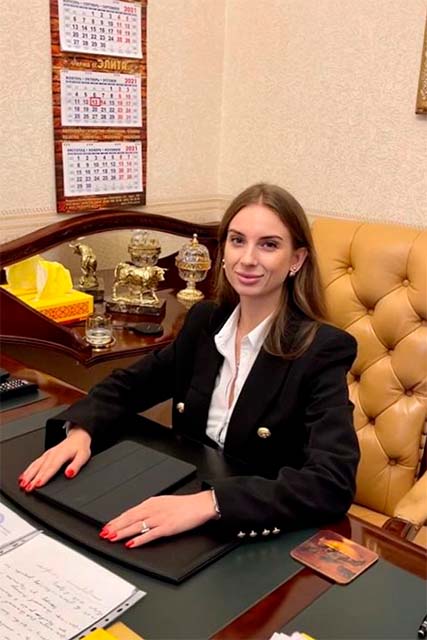Asylum in Latvia
How to apply for asylum in Latvia
To apply for asylum in Latvia, submit your application either within the country or at a port of entry like an airport, land border, or seaport. Asylum applications must be made in person. At the border, approach a State Border Guard to apply, regardless of having a visa, travel documents, or a Latvian residence permit. If already in Latvia, visit any State Border Guard office; no appointment is needed. A guide to the asylum process is available in 13 languages. For more information, visit the Office of Citizenship and Migration Affairs (OCMA) website, available in English, Latvian, and Russian.
What happens after I apply for asylum?
Step 1 – Registration
Upon submitting your asylum application in Latvia, provide all relevant documents, like ID and travel tickets, to the State Border Guard. They will register your application and determine the responsible country for processing it under the Dublin regulation. If you’re over 14, your fingerprints will be taken to check previous EU asylum applications. If not detained, you’ll receive an asylum-seeker document, which should be kept safe and carried at all times.
If Latvia is responsible for your application, the Office of Citizenship and Migration Affairs (OCMA) will assess it, typically within 6 months, extendable to 15 months. During this time, you’ll have asylum-seeker status. The State Border Guard will keep your personal documents and provide an asylum-seeker document if you’re not detained. You’ll be accommodated in a center, but may be detained for up to 6 days, extendable by court decision. You have the right to appeal any State Border Guard decision through the district court and can access free legal representation from the Legal Aid Administration.
Step 2 – Interview
During your asylum interview with an OCMA employee in Latvia, you’ll have the chance to detail your reasons for seeking asylum. This interview is crucial for your application, allowing you to provide extensive information and present all supporting documents. It’s vital to fully explain your experiences and fears about returning to your home country.
You can submit documents and evidence to support your claim before, during, and after the interview. Rest assured, all information provided (documents, interview records) will remain confidential and not be shared by Latvian authorities with your home country or any third parties.
Step 3 – Decision
The Office of Citizenship and Migration Affairs (OCMA) will communicate the decision on your asylum application to you or your lawyer. There are three possible outcomes:
1. Refugee status with a 5-year permanent residence permit, renewable every five years.
2. Subsidiary protection with a 1-year temporary residence permit, extendable for two more years and possibly longer if needed.
3. Denial of your international protection application.
If granted asylum (refugee or subsidiary protection), OCMA will issue a travel document and residence permit. Both statuses offer similar rights and services, but differ in residence permit duration. You’ll also join an adaptation program to learn about life in Latvia. If denied, OCMA will translate the decision into a language you understand and mail it to you. If represented by a lawyer, the decision will be in Latvian, and your lawyer can explain it.
Can I appeal a negative decision?
If your asylum application in Latvia is rejected, you can appeal to the Administrative District Court or the Ministry of the Interior within one month of receiving the decision. If you need a lawyer and can’t afford one, you can request free legal assistance. If you didn’t have a lawyer when the decision was made, the one-month period starts after you receive a translated decision.
The Ministry of the Interior or the Administrative District Court may instruct the Office of Citizenship and Migration Affairs (OCMA) to reconsider your case or uphold the rejection. If the Ministry confirms the rejection, you can appeal to the Administrative District Court within one month. However, a decision by the Administrative District Court confirming the denial of your asylum application is final and cannot be appealed.
You’re allowed to stay in Latvia with asylum-seeker status until a final decision is made. If your appeal is ultimately unsuccessful, you will be required to leave Latvia.
For assistance or advice on obtaining political asylum in Latvia, contact our asylum lawyers for a consultation via messenger or by mail or our contact form. We offer comprehensive support, including accompanying you to all authorities and providing expert advice throughout the procedure, help to appeal the refusal.


